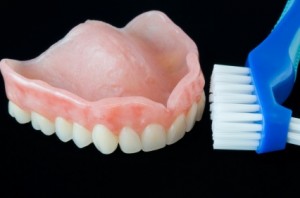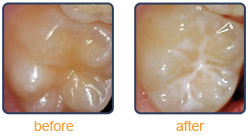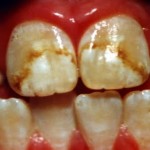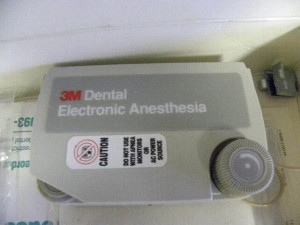The mission of the Occupational Safety and Health Administration (OSHA) is to save lives, prevent injuries, and protect the health of America’s workers. As part of the Department of Labor, OSHA and the states that operate OSHA-approved state plans establish guidelines and standards to promote worker safety and health that apply to every workplace in the United States, including medical and dental offices. Continue reading
Monthly Archives: October 2011
FAQs – Is Conscious Sedation Safe for My Children? (Part 2)
Intravenous (IV) Sedation (continued)
IV sedation performs under a hospital setting with fully-equipped facilities and it can only be administered by a certified anesthesiologist. There are strict rules and regulations set by every state’s Dental Board when it comes to anesthesia equipments and drugs used. Therefore, you should make sure your child is being treated by a qualified and experienced anesthesiologist. Continue reading
FAQs – Is Conscious Sedation Safe for My Children? (Part 1)
Nowadays, with the advancement of Sedation Dentistry, your child is able to receive a comforting yet soothing dental treatment. It is believe that one of the most important aspects to cultivate a positive attitude towards dental treatment is to let the child experience minimum pain and discomfort at any circumstances. Many concerns are raised regarding this issue and hence, here are 8 Frequently Asked Questions about Conscious Sedation for your children. Continue reading
Questions to Ask Your Periodontist Before Dental Implants
Dental implants are becoming an increasingly popular option for replacing missing teeth. Traditionally, dentists have relied upon bridgework or dentures to replace teeth that have been lost. Implants have advantages over other methods but are more expensive. Ask your periodontist if dental implants are the right choice for you.
Is your implant dentist a board certified specialist? Continue reading
How to Clean Dentures
Having dentures adds a new responsibility to your life. Like how your car requires maintenance throughout the years, your denture does so too. Proper care is needed to keep dentures fitting properly and comfortably, and it is your own responsibility to do so. Continue reading
Soft Night Guard Recommendations
A night guard, sometimes spelled “nightguard,” is a piece of hard or soft plastic or silicone molded (in some cases) to fit the shape of your teeth. Its purpose is to keep teeth from grinding into one another. A night guard is worn while sleeping and taken out in the morning. A night guard is also a popular treatment for TMJ, or temporomandibular joint disorder. Night guards are sometimes used in place of a nightly retainer, because a night guard also serves to keep the teeth in place as well as prevent grinding and clenching. Night guards are a well-known treatment for bruxism, otherwise known as tooth grinding and jaw clenching. Continue reading
Dental Considerations In Respiratory Disorders
ASTHMA
DEFINITION
It is defined as a chronic inflammatory disorder of the airways characterized by reversible airflow obstruction causing cough, wheeze, chest tightness and shortness of breath
How to Use Dental Sealants to Prevent Cavities
Pits and fissures found on our teeth are obvious stagnation areas where dental plaque can form and mature, which will then lead to dental cavities forming at the entrance to the fissures on teeth. The tooth is most susceptible to plaque stagnation when it first erupts into the mouth because at this time the chewing surface is below the normal line compared to the other teeth and can be easily missed during tooth brushing. Therefore susceptible fissures where good oral hygiene is not established should be protected with a dental tooth sealant. Continue reading
What are the reasons why teeth may get discolored and how to manage it
There are a lot of reasons why teeth may get discolored and it is important for the dental practitioner to recognize the underlying cause before deciding on a treatment plan. Discoloration can affect the entire arch (generalized discoloration) or maybe limited to few or several teeth in an arch. (Localized discoloration)Before we discuss on the treatment options for tooth discoloration, here are some reasons that might cause tooth discoloration.Tooth discoloration can be due to extrinsic or intrinsic factors. Continue reading
Scare of Needles? Worry No More. There’s Electronic Dental Anesthesia!
In 1883, Erb wrote that “At the present time we possess in the electrical current one of the most certain and brilliant remedies for neuralgia, although we must admit that we have not made much progress in our knowledge concerning its mode of action in these forms of disease”





